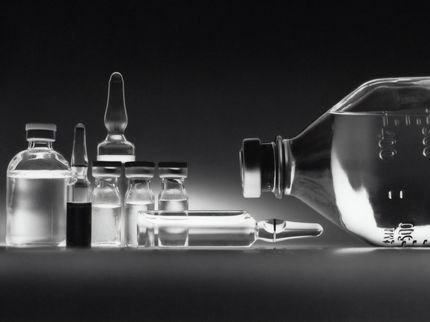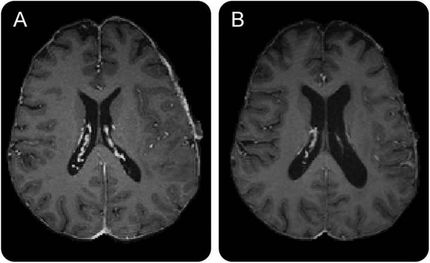Study shows that chemo- and radiation therapies often elevate heart disease risks
After a lengthy review of increasing medical evidence to show that such powerful cancer treatments such as chemotherapy and radiation often damage heart vessels and tissues – thus increasing the risk of later heart disease in cancer survivors – a pioneering interventional cardiologist at the DMC Heart Hospital has recently become a leading national figure in the effort to expand a new medical specialty known as “cardioncology”.
The new collaborative trend can also be seen in the rapidly growing number of medical fellowships now being awarded for cardioncology studies, along with the recent establishment of the International Cardioncology Society and the launch of a new medical journal dedicated to the fast-growing specialty.
The new study, a massive review of recent U.S. data on how cancer therapies can elevate risks for later cardiovascular disease and heart attack, provides compelling evidence for a significant association between cancer chemotherapy and radiation and diseases of the heart and circulatory system.
“The data in this new study are clear and compelling,” said DMC Heart Hospital Vice President Cindy L. Grines, M.D., who is also a Professor of Medicine at the Wayne State University School of Medicine. “They show that cancer therapy is a major risk factor for later heart problems. We’ve known all along, of course, that such therapies as chemo and radiation take a toll on heart tissue and blood vessels – but this latest review of the evidence tells us that cancer therapy can be every bit as important [as a risk factor for heart disease] as smoking or high cholesterol.”
A nationally recognized pioneer in interventional cardiology who was the first cardiologist in the United State to insert stem cells into a living heart in order to grow new tissue there, Dr. Grines is a co-author of the new “consensus study” by the Society for Cardiac Angiography and Interventions (SCAI). The study found that both chemotherapy and radiation often cause “significant injury to the vasculature [heart and blood vessels], resulting in angina, acute coronary syndromes (ACS), stroke, critical limb ischemia, arrhythmias, and heart failure.”
Because the negative impacts on the heart and blood vessels often show up only years after successful cancer therapy, said Dr. Grines, cardiologists and heart researchers haven’t been able to collect the data needed to make the connection fully until quite recently.
“During the past 15 years or so – thanks mainly to powerful new drugs and improved radiation technology – we’ve seen survival rates in areas like breast cancer climb to well above 90 percent,” said Dr. Grines. “That’s a wonderful improvement for cancer patients, of course . . . but because it has been relatively recent, the data on how chemo and radiation elevate heart disease risk factors hadn’t fully caught up yet.
“But now the numbers are coming in, and this new study really underlines the importance of understanding how cancer therapies are elevating the risks for heart disease and heart attack in surviving cancer patients,” she added.
The urgency of the problem, she said, can be found in one particularly revealing finding of the new study, which concluded that, “Given the dynamic state of pharmacotherapy for cancer, with generally dramatic improvements in survival as well as new agents in development (with unclear cardiotoxic properties), it is important that patients are made aware of potential short- and long-term consequences as well as the need to follow up with subspecialists.”
The new study then noted that “adult survivors of childhood malignancies with a history of chemoradiation had a 7-fold higher mortality rate, 15-fold increased rate of heart failure, 10-fold higher rates of cardiovascular disease and 9-fold higher rates of stroke compared to their siblings.”


















































